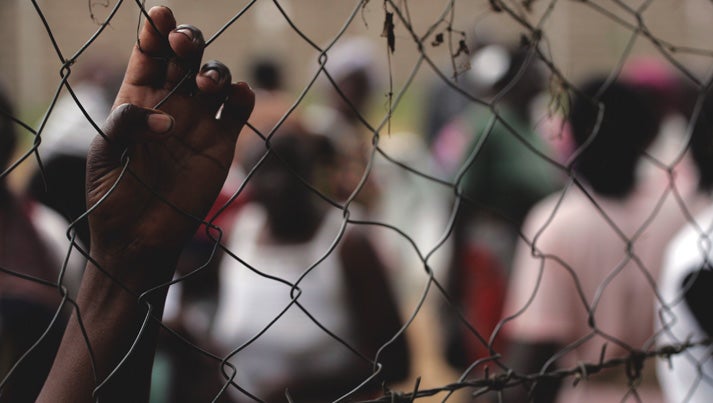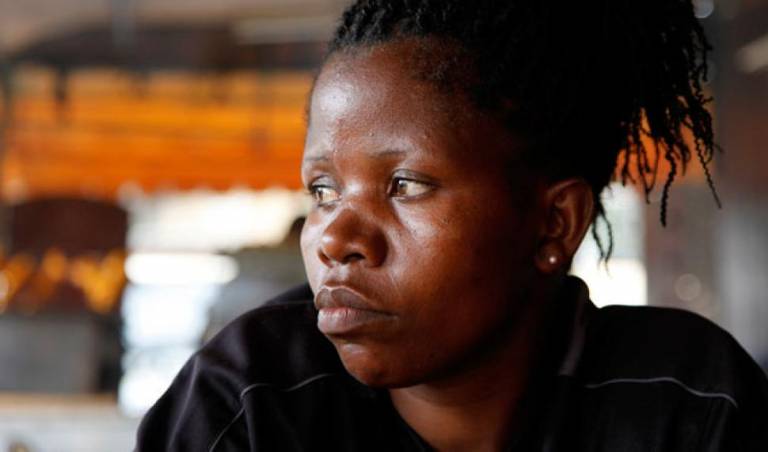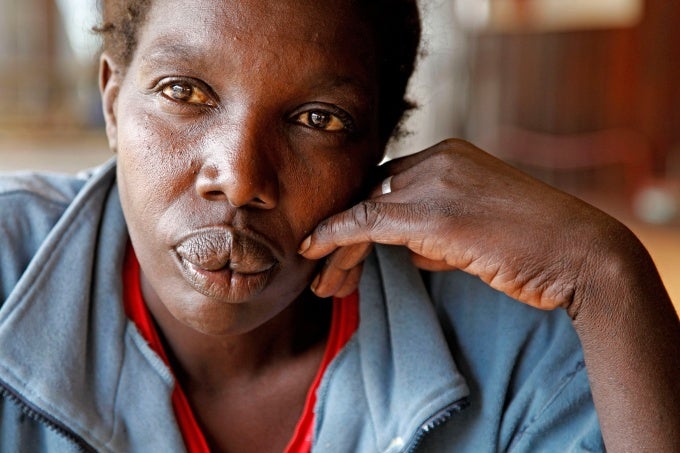Poor maternal health services are common in Kenya due to a number of factors, including lack of supplies and equipment, inadequate training and supervision of health care workers, negligence, and unethical practices. According to the Center for Reproductive Rights (the Center), many women who seek such services at the country’s largest public maternity hospital, Pumwani Maternity Hospital, suffer serious human rights violations, including physical and verbal abuse and detention in health facilities for inability to pay medical bills.
The government’s failure to take responsibility for these violations prompted the Center to file a case on behalf of two women, Margaret and Maimuna, before the High Court of Kenya in 2012. Sadly, their stories (included below) are not uncommon, particularly among poor and young Kenyan women.
Margaret’s Story
At 15, Margaret remained unconscious for 10 days after undergoing a cesarian section at Pumwani Maternity Hospital. When she awoke, hospital officials refused to let her leave for 12 days because she was unable to pay her hospital fees. Several days after she finally left the hospital, Margaret began to experience severe pain. Doctors discovered that the surgeons performing her cesarean delivery had left a pair of scissors in her abdomen. She spent an additional 2 months in the hospital after doctors operated to remove the scissors.
When Margaret later returned to the hospital to deliver another child, the doctors failed to realize that her baby was in a breech position. They left her unattended and bleeding on a bench for more than 2 hours before performing a cesarian, which caused her to suffer a ruptured bladder. The hospital detained Margaret again – this time for 6 days – when she could not pay the hospital fees.
Maimuna’s Story
When Maimuna, an HIV-positive mother of six, could not pay her $36 bill at Pumwani Maternity Hospital, she was detained there by the medical staff for 24 days. During that time, she was forced to share a bed with other patients. To give her new baby more space, she slept on the floor next to a flooding toilet and contracted pneumonia as a result. During that time, the health of one of her children deteriorated because no one was able to look after the children full time during Maimuna’s detention.
The High Court of Kenya’s Groundbreaking Decision
In September of 2015, the High Court of Kenya found the detentions of Margaret and Maimuna to have been unlawful. It also ruled that both women suffered:
- Cruel, inhuman, and degrading treatment;
- Discrimination on the basis of their socioeconomic status and gender; and
- Violations of numerous human rights, including their right to liberty and dignity.
The Court also directed the government to take necessary administrative, legislative, and policy measures to eliminate the practice of detaining patients who cannot pay their medical bills, and awarded compensation to Margaret and Maimuna.






